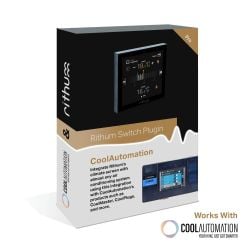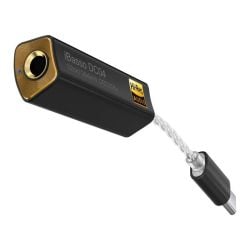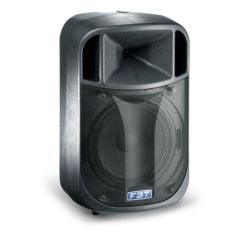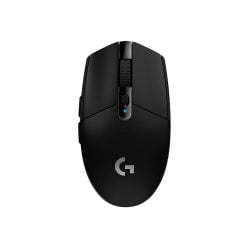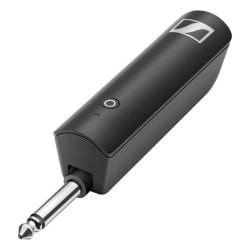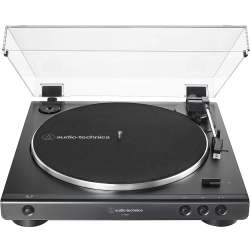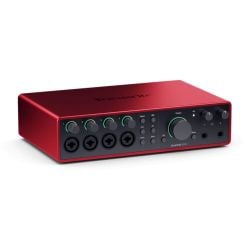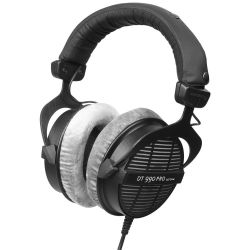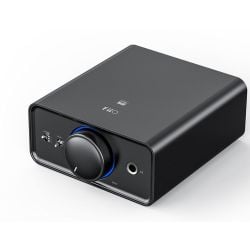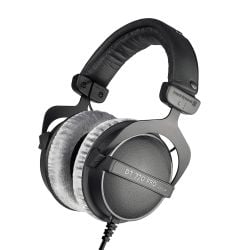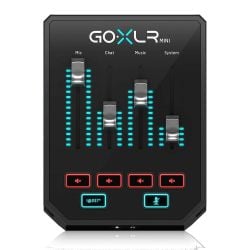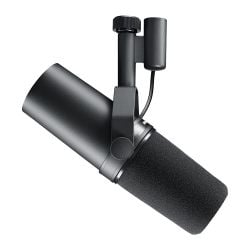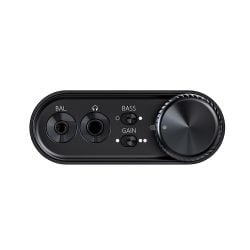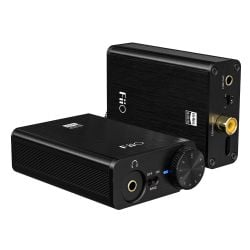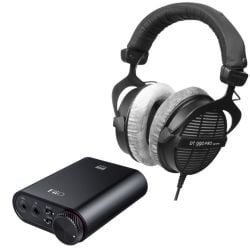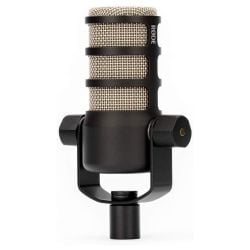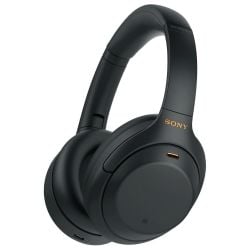AudioQuest Chocolate 20m HDMI Cable
Solid conductors eliminate strand-interaction distortion and reduce jitter. Solid silver-plated conductors are excellent for very high-frequency applications, like HDMI audio. These signals, being such a high frequency, travel almost exclusively on the surface of the conductor. As the surface is made of high-purity silver, the performance is very close to that of a solid silver cable, but priced much closer to solid copper cable. This is an incredibly cost effective way of manufacturing very high-quality HDMI cables.
Features:
- Compatible with most HDMI enabled devices
- Connects electronic components in your home theater system
- High-speed audio return channel
- Solid 2.5% silver-plated copper connectors for great picture and sound quality
Recommended Products
Customer Also Viewed
Samma3a Review
Technical Specification
- WEIGHT 1.80 kg
- DIMENSIONS 19.5 × 15 × 28 cm
- Warranty: 1 year
What Is In The Box
- AudioQuest Chocolate 20m HDMI Cable
Videos
Manufacture Description

HARD-CELL FOAM INSULATION
Hard-Cell Foam (HCF) Insulation ensures critical signal-pair geometry. Any solid material adjacent to a conductor is actually part of an imperfect circuit. Wire insulation and circuit board materials all absorb energy. Some of this energy is stored and then released as distortion. Hard-Cell Foam Insulation is similar to the Foamed-PE used in our more affordable Bridges & Falls cables, and is nitrogen-injected to create air pockets. Because nitrogen (like air) does not absorb energy and therefore does not release any energy from or into the conductor, distortion is reduced. In addition, the stiffness of the material allows the cable’s conductors to maintain a stable relationship along the cable’s full length, producing a stable impedance character and further minimizing distortion.
HIGH SPEED DATA CAPACITY
HDMI standards and capabilities have improved significantly since DVI first evolved into HDMI. All generations are backward compatible. However, not all previous HDMI cables can transmit the full 18Gbps of data required to optimize today’s HDMI 2.0 equipment. While there is currently no 4K/60 4:4:4 software requiring the full 18Gbps capability of HDMI, some sources (UHD Blu-ray players) can be set to “up-sample”, requiring 18Gbps capability. Up-sampling often should be done in the TV rather than in a previous component — but that’s your decision. AudioQuest HDMI cables with “Exceeds 18 G bps” on the box front are guaranteed to exceed the requirements for all possible HDMI data streams.
 BHD
BHD JOD
JOD KWD
KWD LBP
LBP OMR
OMR SAR
SAR USD
USD AED
AED







